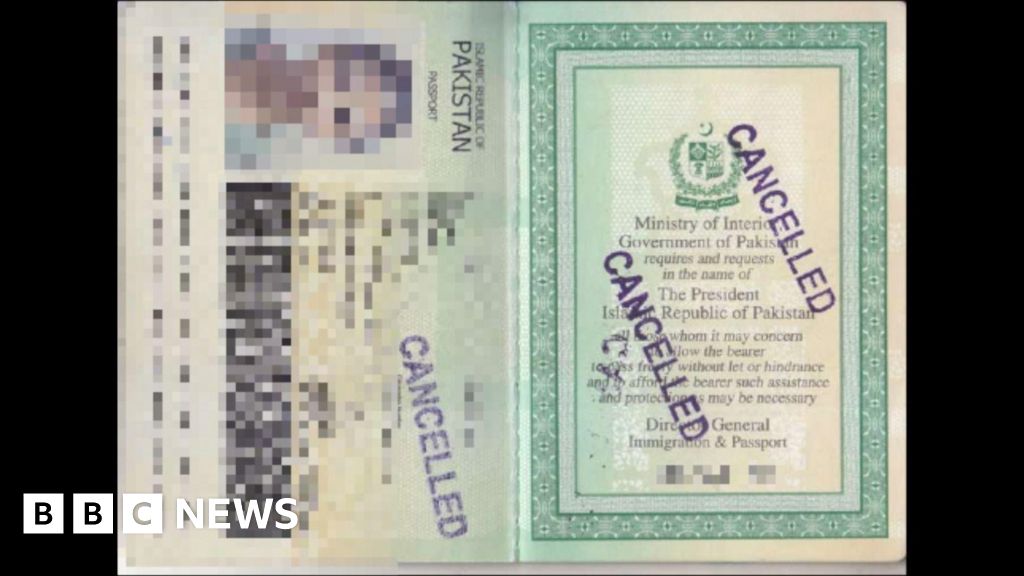- Two sisters living in Kerala since 2008 remain stateless after surrendering their Pakistani passports in 2017.
- Denied renunciation certificates due to their age at the time, and refused again after turning 21, they now lack any nationality.
- A 2018 “no objection” letter from Pakistan was rejected by Indian authorities, who insist on formal renunciation.
- A lower court had ordered citizenship be granted, but that ruling was overturned on appeal.
- The sisters now face restricted movement, denied rights, and a legal maze with no clear exit.
In Kerala, two sisters are living without a country — not by choice, but by bureaucratic design.
Their ordeal began in 2017, when they surrendered their Pakistani passports to the High Commission in Delhi, hoping to become Indian citizens like their mother and brother. But because they were under 21 — the minimum age to renounce citizenship under Pakistani law — they weren’t issued the required renunciation certificates.
Years later, now adults, they reapplied. The High Commission refused again, offering no explanation. Without those certificates, Indian authorities won’t process their citizenship applications. And without passports, they can’t return to Pakistan to fix the issue.
In 2018, the sisters received a letter from the Pakistani High Commission stating that Pakistan had “no objection” to them receiving Indian citizenship. But India rejected it, insisting on formal renunciation. The sisters took the matter to court.
Last year, a single-judge bench of the Kerala High Court ruled in their favor, calling the demand for documents “impossible.” But on August 23, 2025, a two-judge bench overturned that decision, siding with the federal home ministry. The court argued that citizenship must be based on clear legal recognition, not assumptions or diplomatic gestures.
The sisters now face a life without nationality. They’ve been denied passports, limiting their ability to travel, work, or access healthcare abroad. One of their husbands had to leave his job in the Gulf and return to India. Another has a child in need of overseas medical care — but the mother can’t leave the country.
Their lawyer, M Sasindran, says the system has trapped them in a legal paradox. “They didn’t qualify for renunciation as minors. Now they can’t go back to Pakistan to get the certificate. They’re stuck.”
Their mother, Rasheeda Bano, who was born to Indian parents but became Pakistani by circumstance, says the family’s migration to India in 2008 was meant to reconnect with their roots. Her husband returned to Pakistan, but she and her son became Indian citizens. Her daughters, however, remain in limbo — invisible to both nations.
As tensions between India and Pakistan continue to complicate cross-border migration, the sisters’ case highlights the human toll of rigid systems and fractured diplomacy. Their only hope now lies in a higher court — and in a legal system willing to see beyond paperwork.


